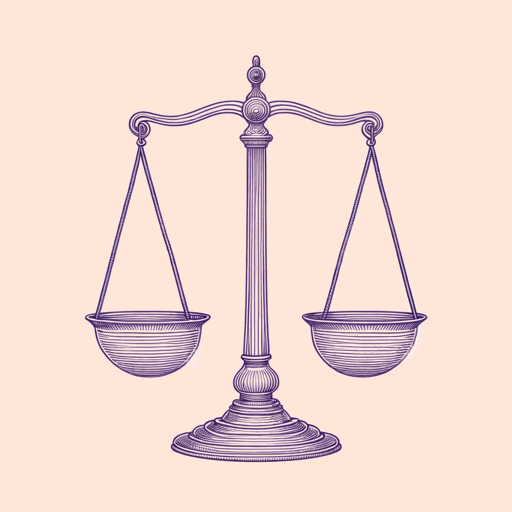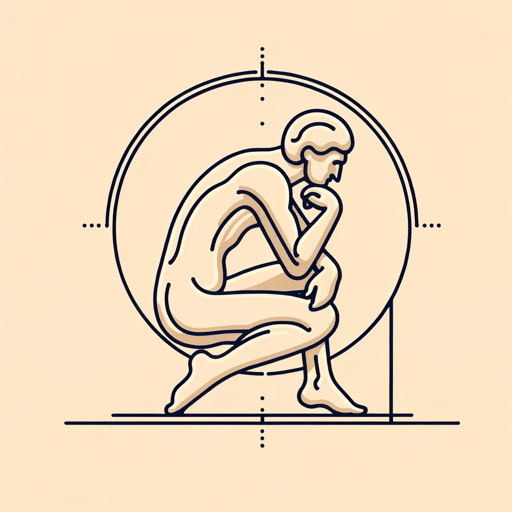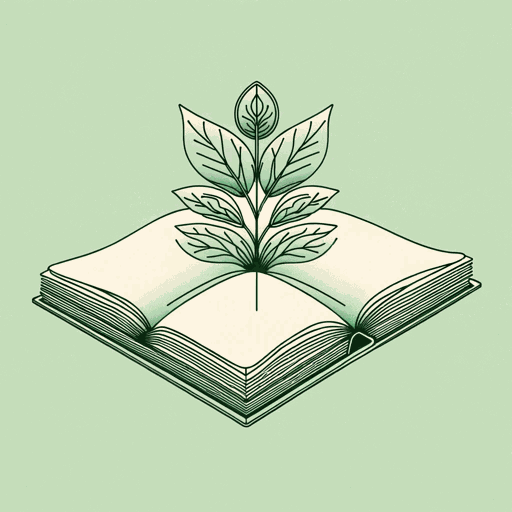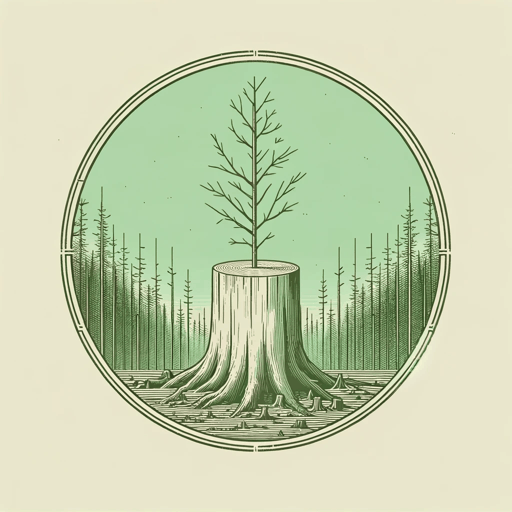48 pages • 1 hour read
Jean-Jacques RousseauThe Social Contract
Nonfiction | Book | Adult | Published in 1762A modern alternative to SparkNotes and CliffsNotes, SuperSummary offers high-quality Study Guides with detailed chapter summaries and analysis of major themes, characters, and more.
Index of Terms
Aristocracy
Aristocracy is a form of political association in which the government is administered by a minority of the state’s citizens. This minority is chosen either by election or by birth. Under most circumstances, elective aristocracies are Rousseau’s preferred form of government, in that they exercise some of the force and decisiveness of monarchies but with some of the protections against despotism offered by democracies. However, hereditary aristocracies, in which the leaders are selected by virtue of their parentage, are the worst form of government in Rousseau’s view.
Civil Liberty
Rousseau distinguishes natural liberty (the freedom to do and take whatever you want, whenever you want it) from the civil liberty that is gained entering the social contract. Civil liberty involves obedience to the general will rather than an individual’s particular will. Rousseau believes this form of liberty transcends natural liberty in some ways because it is effectively a “moral liberty.” Individuals subjugate their personal appetites—appetites being a form of slavery in themselves, Rousseau argues—in favor of the common good.
Democracy
Democracy is a form of political association in which the government is administered by all or a significant majority of the state’s citizens. This differs from modern definitions of democracy which tend to refer to representative republics, in which citizens elect representatives to pass laws and appoint government administrators.
Related Titles
By Jean-Jacques Rousseau




